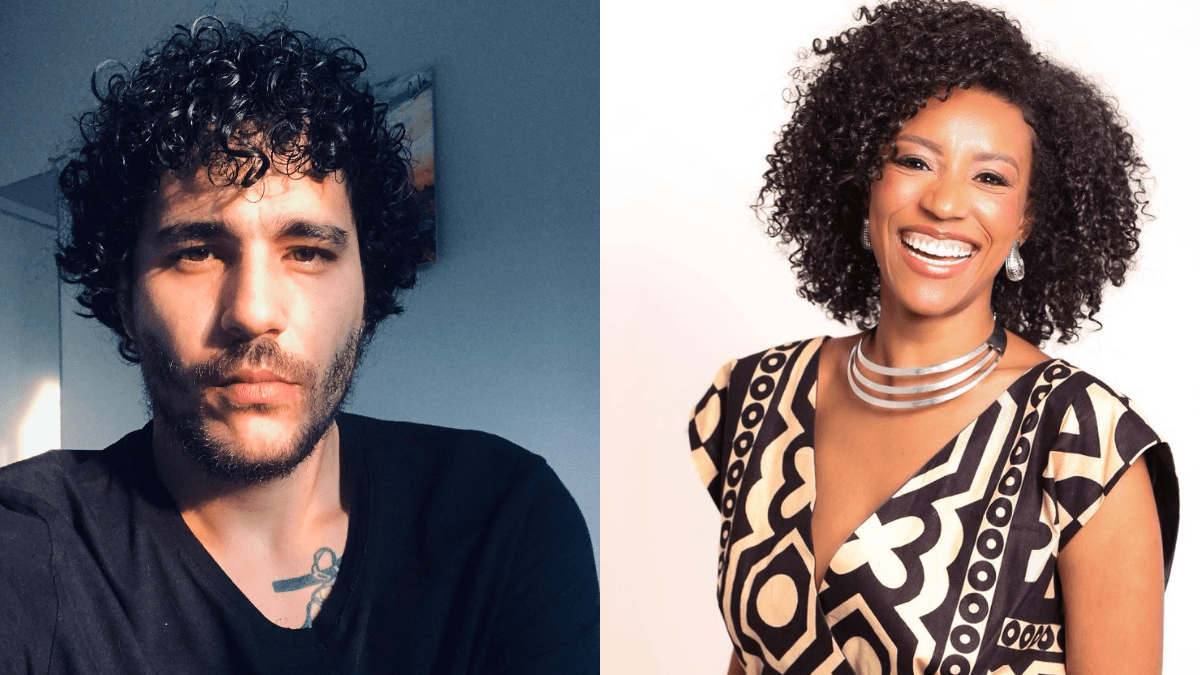Deusa Cast: the history of cannabis between healing and prejudice
Historian Luiz Fernando Petty explains on Deusa Cast how the criminalization of cannabis in Brazil intertwines with structural racism and moral panic
Published on 09/18/2025

Legalizing without reparation perpetuates historical privileges, warns Luiz Fernando Petty | Photo: Sechat
The latest episode of Deusa Cast, a podcast from Portal Sechat, brings an essential reflection on the trajectory of cannabis in Brazil. In the episode 'Cannabis in Brazil: History, Spirituality, and Harm Reduction', the guests Dr. Joyce Bernardo, a cannabis dentist, and Luiz Fernando Petty, a historian, explored from the first records of the plant in the country to the construction of the stigma that still marks its presence in society.
During the conversation, one of the questions raised was, 'At what point does the plant become the object of prejudice and how to refute this idea of unjust criminalization?'. Petty's response recovers striking episodes of the 20th century, revealing how Brazil went from a scenario of medicinal and industrial use of cannabis to an environment of demonization fueled by racial prejudices and the influence of the international drug war policy.

The beginning of prohibition and the distortion of medical discourses
According to Petty, marijuana was officially banned in Brazil in 1932, although products like 'Indian cigarettes' were still circulating, sold in pharmacies until the 1930s. It was only in the 1940s, during the Vargas government, that a wave of biased studies and reports associating the consumption of the plant with violent behaviors and animalizing black people was consolidated. 'The media started to reproduce these narratives, creating a real moral panic around cannabis,' said the historian.
Structural racism and the drug law
Petty also highlighted that the relationship between criminalization and structural racism remains to this day. 'When a white person sells, it becomes a minor offense; when it's a black person, it's imprisonment. The 2006 drug law deepened this inequality because it gave the police the power to decide who is a user and who is a trafficker,' he explained. For him, thinking about legalization without reparation means repeating the historical pattern of privileges.
The episode also addressed the spiritual and medicinal role of cannabis, as well as the importance of harm reduction for safer consumption, a theme led by Dr. Joyce Bernardo, who warned about the impacts of combustion on oral health and highlighted less harmful alternatives.
The full episode is available on Portal Sechat's YouTube channel and below, you can see a snippet of what happened on Deusa Cast that took a historical and critical dive into the paths of cannabis in Brazil:









